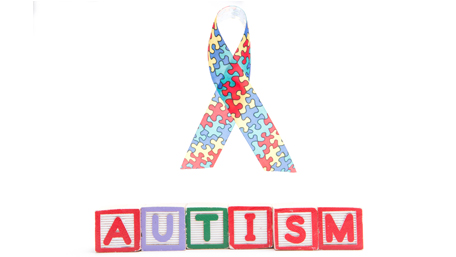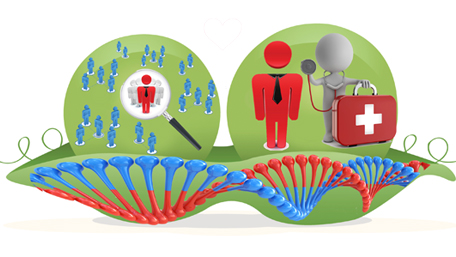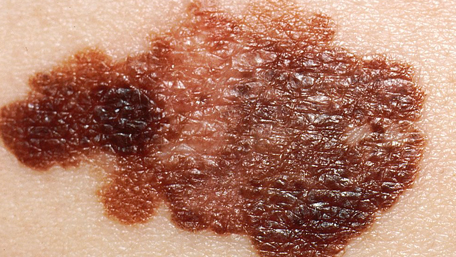
02/05/2020
Hot Topics of the Day are picked by experts to capture the latest information and publications on public health genomics and precision health for various diseases and health topics. Sources include published scientific literature, reviews, blogs and popular press articles.
Sign up MyPHGKB to receive the daily hot topic email alert.
Archived Hot Topics of the Day By Date
Study of Children with One vs. Two or More Siblings with Autism Spectrum Disorder: Expected and Unexpected Similarities and Differences
RF Green et al, CDC Blog Post, February 4, 2020

Step aside CRISPR, RNA editing is taking off: Making changes to the molecular messengers that create proteins might offer flexible therapies for cancer, pain or high cholesterol, in addition to genetic disorders.
S Reardon, Nature, February 4, 2020
The long road to fairer algorithms- Build models that identify and mitigate the causes of discrimination.
MJ Kusner et al, Nature Comment, February 4, 2020
Introducing "Precision Health Promotion": The Convergence of Genomics, Health Education, and Lived Experience.
Terry Paul E et al. American journal of health promotion : AJHP 2020 Jan 890117120903129
Artificial intelligence for melanoma diagnosis: how can we deliver on the promise?
Mar V J et al. Annals of oncology : official journal of the European Society for Medical Oncology 2019 Dec 30(12) e1-e3
Artificial intelligence and melanoma detection: friend or foe of dermatologists?
Charalambides Maria et al. British journal of hospital medicine (London, England : 2005) 2020 Jan 81(1) 1-5
Evidence from big data in obesity research: international case studies.
Wilkins Emma et al. International journal of obesity (2005) 2020 Jan
Disclaimer: Articles listed in Hot Topics of the Day are selected by Public Health Genomics Branch to provide current awareness of the scientific literature and news. Inclusion in the update does not necessarily represent the views of the Centers for Disease Control and Prevention nor does it imply endorsement of the article's methods or findings. CDC and DHHS assume no responsibility for the factual accuracy of the items presented. The selection, omission, or content of items does not imply any endorsement or other position taken by CDC or DHHS. Opinion, findings and conclusions expressed by the original authors of items included in the Clips, or persons quoted therein, are strictly their own and are in no way meant to represent the opinion or views of CDC or DHHS. References to publications, news sources, and non-CDC Websites are provided solely for informational purposes and do not imply endorsement by CDC or DHHS.
- Page last reviewed:Feb 1, 2024
- Content source:


 Pinterest
Pinterest




